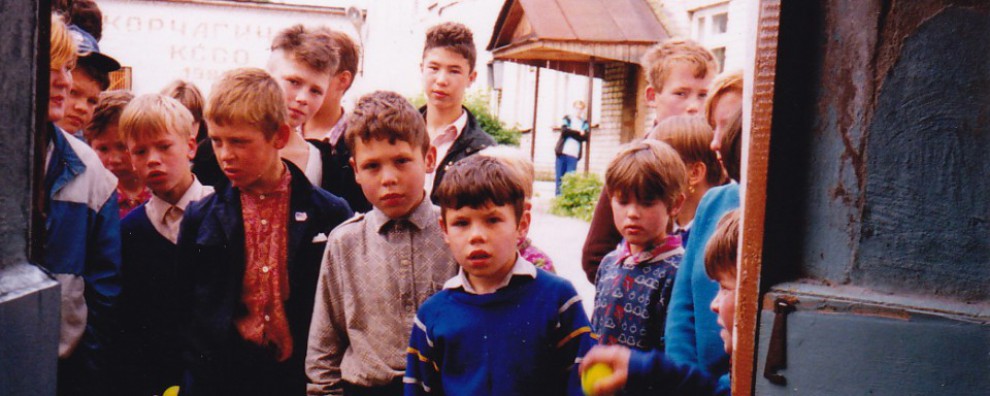“It was quite common in the ‘eighties and ‘nineties to find in the Nation, Harper’s Weekly, the North American Review, or the Atlantic Monthly Northern liberals and former abolitionists mouthing the shibboleths of white supremacy regarding the Negro’s innate inferiority, shiftlessness, and hopeless unfitness for full participation in the white man’s civilization. Such expressions doubtless did much to add to the reconciliation of North and South, but they did so at the expense of the Negro. Just as the Negro gained his emancipation and new rights through a falling out between white men, he now stood to lose his rights through the reconciliation of white men.”
Excerpted from: Woodward, C. Vann. The Strange Career of Jim Crow. New York: Oxford University Press, 2002.

You must be logged in to post a comment.